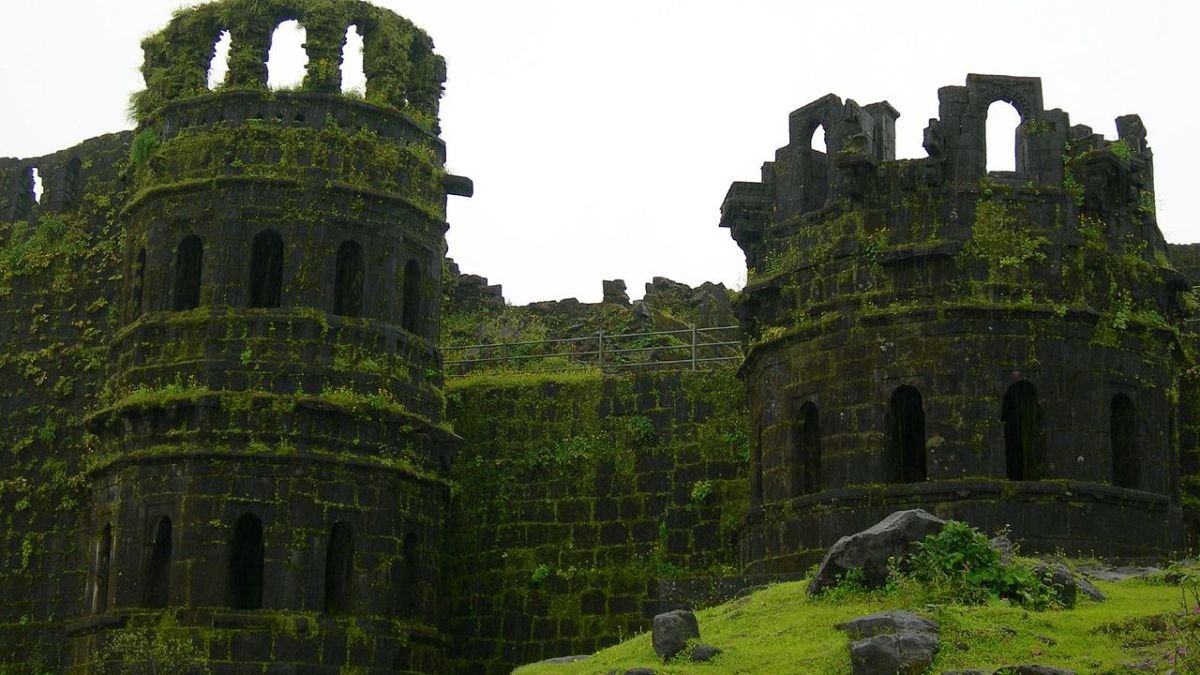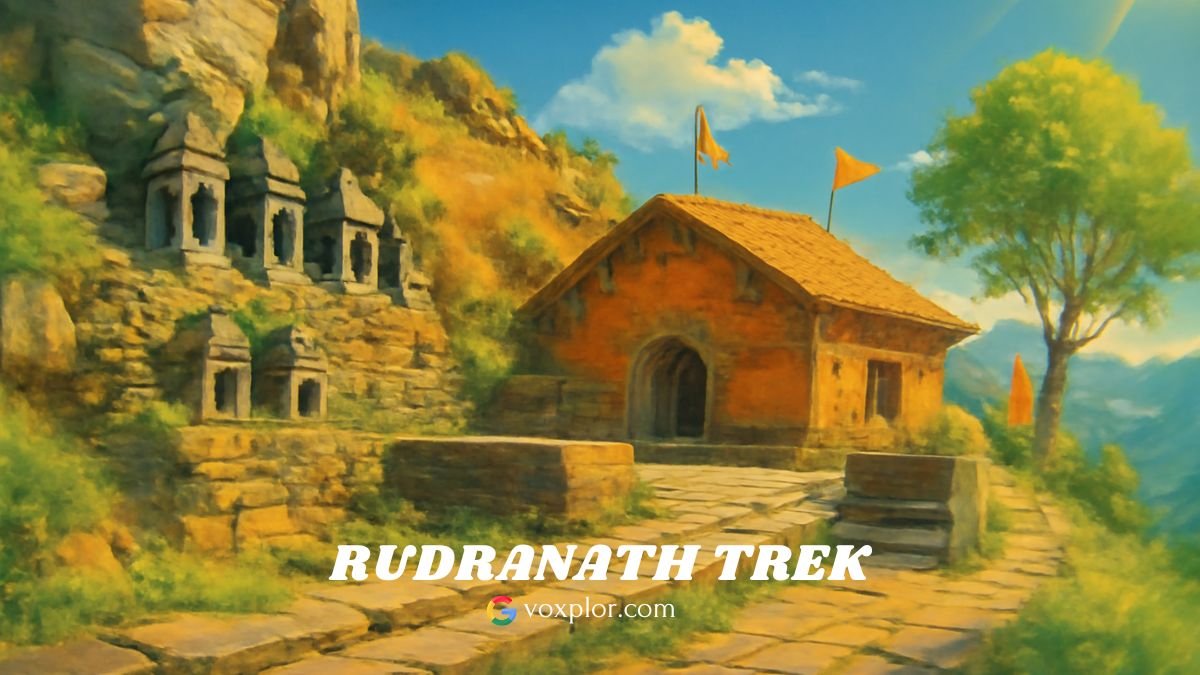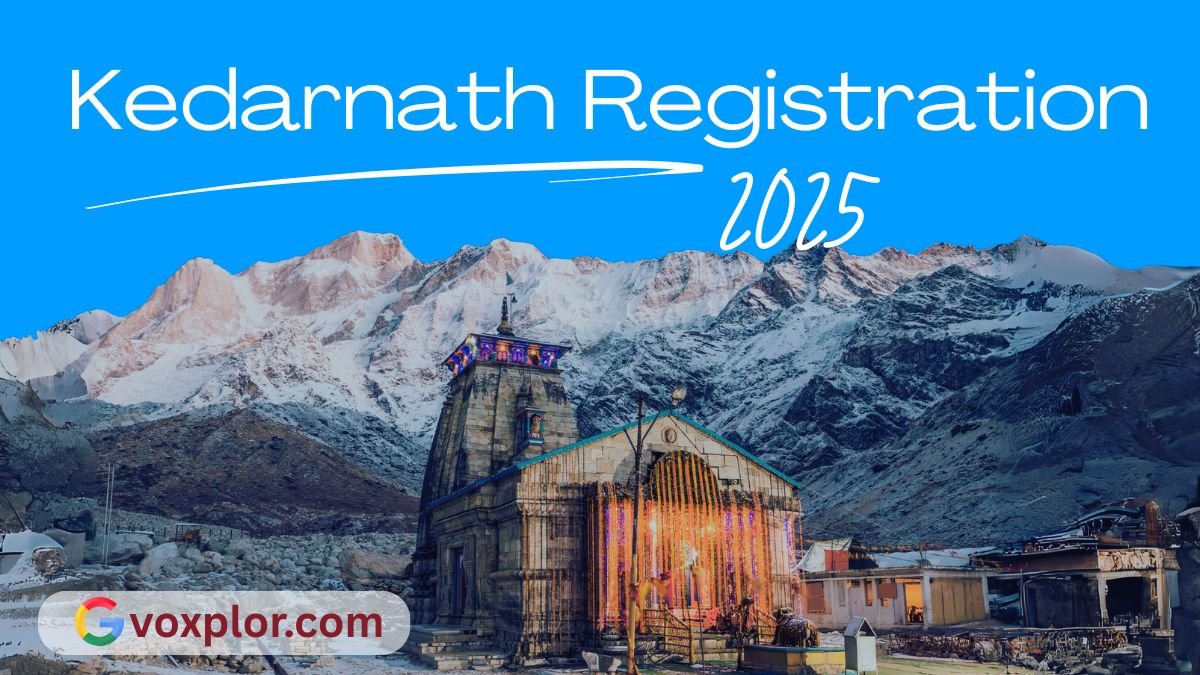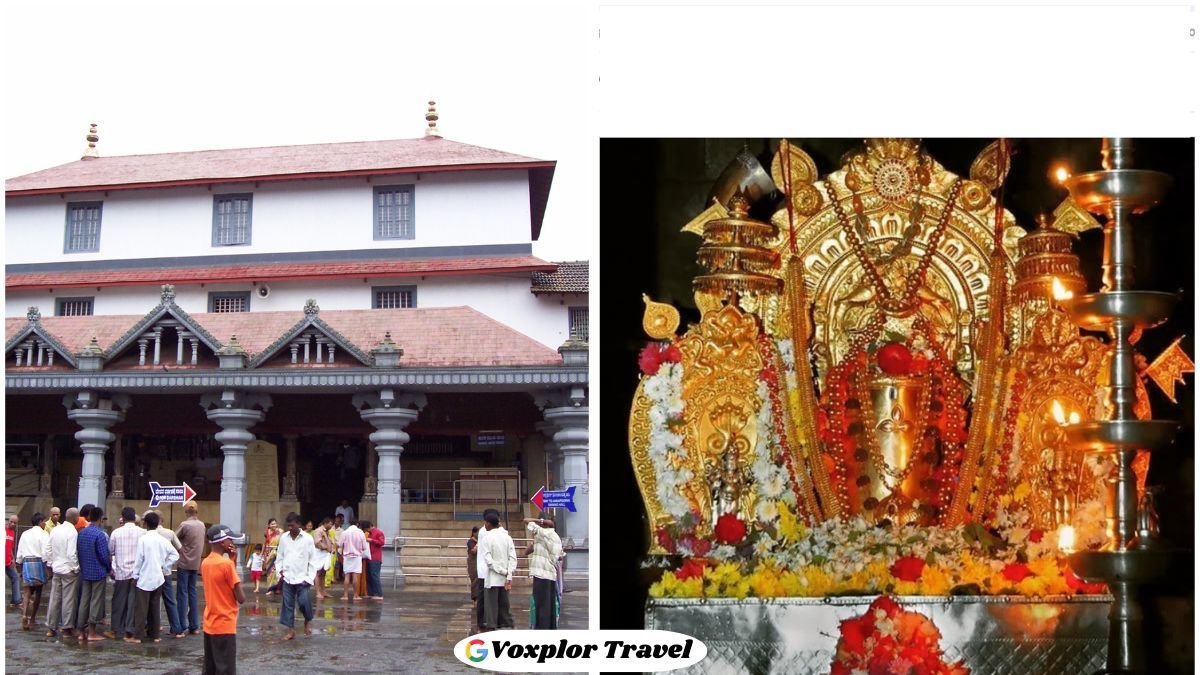Brihadeeswarar Temple in Thanjavur—Everything You Need to Know
The Brihadeeswarar Temple, often referred to as the “Big Temple,” is not just an architectural marvel but also a profound spiritual destination in Thanjavur, Tamil Nadu. This UNESCO World Heritage Site holds the legacy of the Chola dynasty and continues to captivate visitors with its grandeur, historical significance, and religious importance. Whether you are a … Read more










